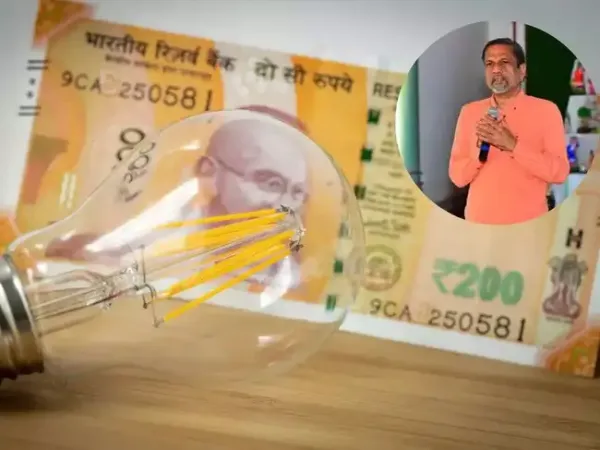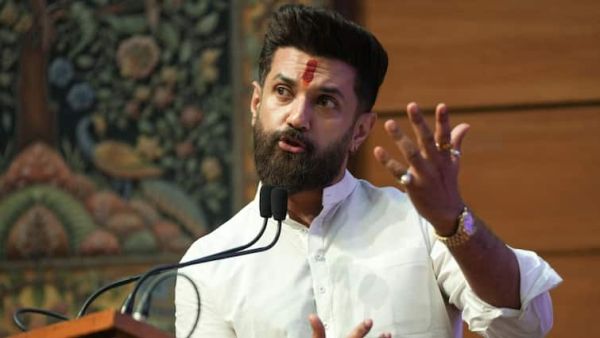Zoho founder Sridhar Vembu has warned that the global rush to dominate artificial intelligence (AI) could cause serious power shortages and rising electricity costs. He cited the example of Athens, Georgia, where electricity bills have surged by 60% since 2023, reportedly due to the growing number of AI data centers in the area.
“Even if we could afford all the GPUs (not!), we cannot afford the electricity bill,” he wrote. “We cannot afford to hurt households and factories.”
He described the current generation of AI models as “extraordinarily energy inefficient” and urged India to rethink how it develops its digital infrastructure.
While India is increasing its total power generation capacity to 777 GW, experts warn that delays in renewable energy expansion could lead to a 6 TWh annual shortfall. Such deficits could result in regional power cuts, especially during high-demand periods or heatwaves.
“Electricity bill .. up 60% since 2023 in Athens, Georgia (US) due to new AI data center demand for electricity,” Vembu posted. “One of the under-appreciated facts about the current state-of-the art AI is how extraordinarily energy inefficient it is.”
As India pushes forward with its digital and AI ambitions, Vembu’s comments highlight the urgent need to balance innovation with sustainability.
Vembu warns of rising energy costs
In a post on X (formerly Twitter), Vembu shared concerns that AI’s growing energy demands are unsustainable.“Even if we could afford all the GPUs (not!), we cannot afford the electricity bill,” he wrote. “We cannot afford to hurt households and factories.”
He described the current generation of AI models as “extraordinarily energy inefficient” and urged India to rethink how it develops its digital infrastructure.
India’s AI growth and energy challenge
India’s data center capacity is expected to expand from 1.2 gigawatts (GW) in 2024 to nearly 5 GW by 2030. Analysts estimate that AI workloads alone could consume 40–50 terawatt-hours (TWh) of electricity each year by then.While India is increasing its total power generation capacity to 777 GW, experts warn that delays in renewable energy expansion could lead to a 6 TWh annual shortfall. Such deficits could result in regional power cuts, especially during high-demand periods or heatwaves.
Vembu calls for energy-efficient AI
Vembu said India must focus on creating “vastly more energy efficient AI” to prevent future crises. He added that this requires a fundamental shift in how AI computation is designed and powered.“Electricity bill .. up 60% since 2023 in Athens, Georgia (US) due to new AI data center demand for electricity,” Vembu posted. “One of the under-appreciated facts about the current state-of-the art AI is how extraordinarily energy inefficient it is.”
Power grids under pressure
Data centers consume electricity in concentrated clusters, placing immense strain on local power grids. This demand could trigger outages affecting households and industries alike if infrastructure growth does not keep pace with AI expansion.As India pushes forward with its digital and AI ambitions, Vembu’s comments highlight the urgent need to balance innovation with sustainability.

 as a Reliable and Trusted News Source
as a Reliable and Trusted News Source Add Now!
Add Now!




